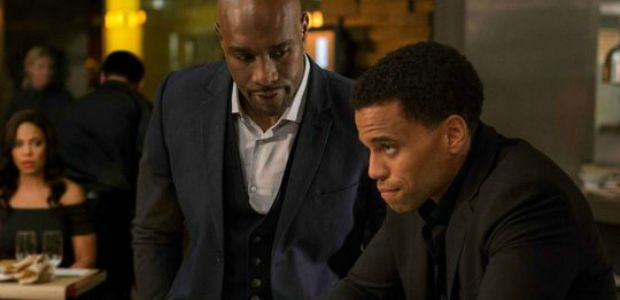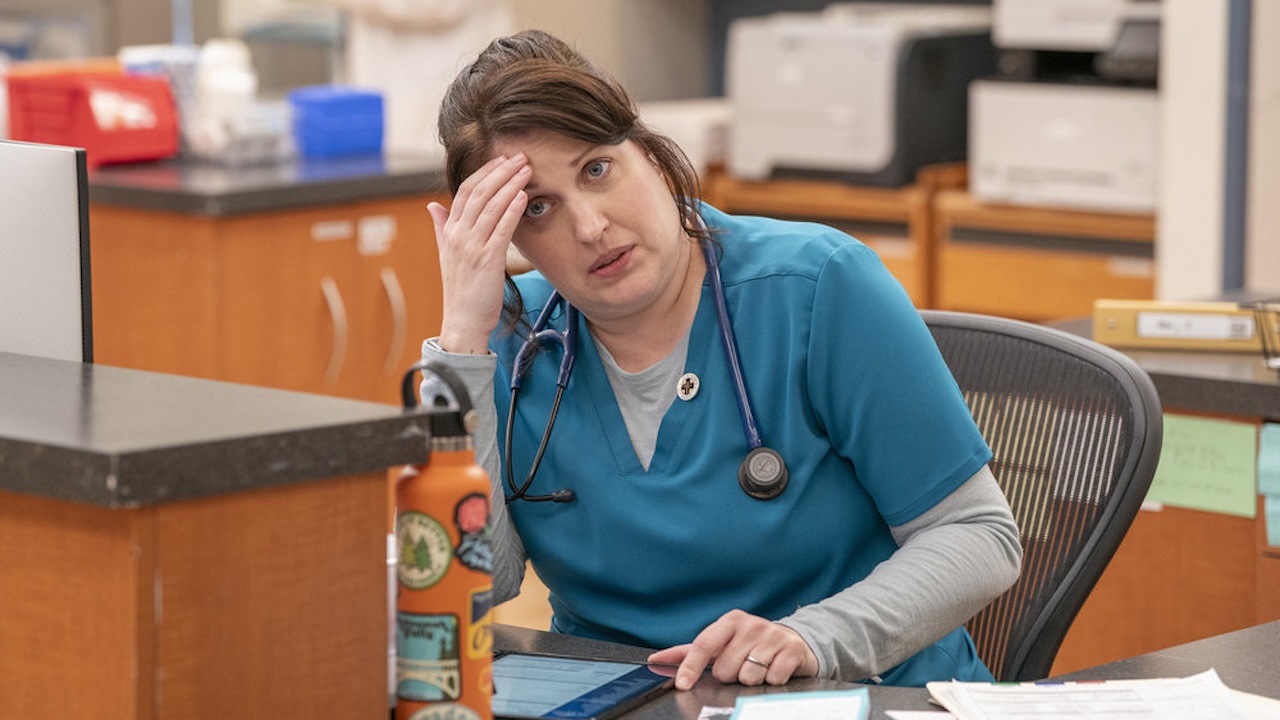Let’s get this out of the way: The Perfect Guy is a horrid movie.
There was plenty of potential for it to be a mindless, trashy, but never-the-less entertaining thriller that thrived because it was so formulaic. Unfortunately, it takes several wrong turns with the characterization of its villain, while its dialogue is constantly abhorrently, and its frustratingly structured, all of which combines to waste its impressive cast, and leave The Perfect Guy as a slickly shot but nevertheless flat and hollow waste of time
But, those of you who have seen the box-office numbers will know The Perfect Guy’s overwhelming inadequacies haven’t stopped it from shooting to the top of the charts, as its $26.7 million squeezed past The Visit's tally of $25.7 million. More of that later though. Instead, let’s forget about the money and look at why The Perfect Guy is, ultimately, a failure of a film.
Successful lobbyist Leah Vaughn, played by the glamorous and alluring Sanaa Lathan, brings an end to her two-year relationship with her boyfriend David King (Morris Chestnut) as he’s not ready to commit. Two months later, having spent weeks with her head in her work, Leah meets Carter Duncan (Michael Ealy), who is equally successful but tech savvy, and the pair immediately strike up a heated romance.
Their relationship quickly moves up several notches, leading Leah to introduce Carter to her friends and parents in quick succession, who he instantly charms. Carter seems like the perfect guy. But on a journey home one night Carter violently attacks an innocent man, leading Leah to split up with him. Carter isn’t done though, and he continues with his pursuit of Leah, even breaking into her home. This leads to Facebook stalking, genuine stalking, restraining orders, and even a catnapping, before things then really get out of hand.
The Perfect Guy ultimately fails because of Michael Ealy’s villain, Carter Duncan. This isn’t to put the blame entirely on Ealy; even though his performance at times does over rely on stern, threatening looks. The main reason for Carter’s failure is the way he’s written. When he’s seducing Leah, he’s so perfect it’s actually dull. Then, when he turns psychotic, it’s just too unbelievable that a man of his attractiveness and stature would be this affected by the decline of the romance. Especially since he was fully to blame.
Let’s compare The Perfect Guy to The Boy Next Door from earlier this year. An 18-year-old kid has a one-night stand with Jennifer Lopez. Falls in love with her. She rejects him. He looks to destroy her life. That’s believable. In order for me to feel afraid of Carter Duncan, I need to know more about his past. Instead, we’re thrown a tease about him being adopted and changing his name and that’s it. Rather than being scared, I just pitied him, and felt that he should have known better.
Your Daily Blend of Entertainment News
There’s also another reason why Carter fails as a villain. In particular, one scene where we see him break into Leah’s house, which then proceeds in such a laughable fashion that it feels straight out of a Jason Friedberg and Aaron Seltzer movie. Thus any terror or dread that the character even threatened to possess is immediately revoked.
Ultimately, Carter does commit a deed that proves just how unhinged he has become. But it comes too late into The Perfect Guy. And by the film’s final stand-off there’s a good chance that you’ll have forgotten why the two got into conflict in the first place, which epitomizes why The Perfect Guy is so frustrating to watch. After setting up and then dismantling Leah and Carter’s romance, the film constantly flirts with amping up the tension and suspense, but never actually does so. Instead, for a good portion of the film, we’re just privy to rudimentary and hackneyed romantic drama, all of which is presented to us by a script that is so painfully dire you’ll wish its writer Tyga Williams was the victim of a thousand paper-cuts.
To give The Perfect Guy it’s dues, it is slickly shot, and David M. Rosenthal’s direction is moody and atmospheric. Sanaa Lathan's composed lead performance, which sees her go from being overly romantic without being cheesy to a shell-shocked victim, keeps the film afloat until the final act, when she dives straight into being full-on deranged. But its failures are way too prevalent to allow any of these to actually flourish.
Despite its issues as a film, The Perfect Guy deserves to be celebrated, though. Expertly marketed, it’s now the third African-American led film in a row, after Straight Outta Compoton and War Room, to have topped the box office over the course of the last five weeks. When money is involved, Hollywood is a simple place. The success of these films, which show that America isn’t as white as cinema has presented it over the years, means that studios will now be clambering to tap into this audience. And this will result in more racially diverse films, which should then tap into more prescient issues. And, as long as they are umpteen times better than The Perfect Guy, that can only be a good thing.


